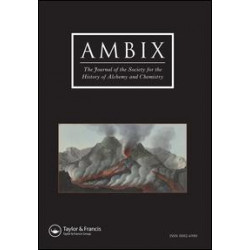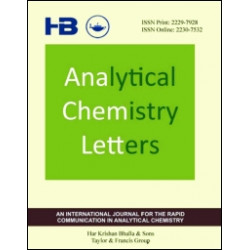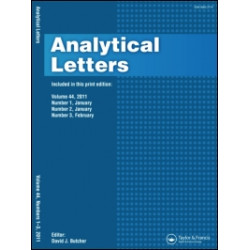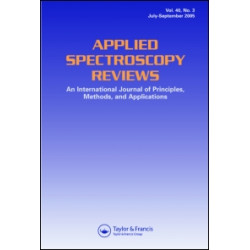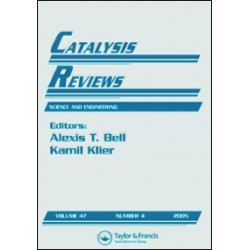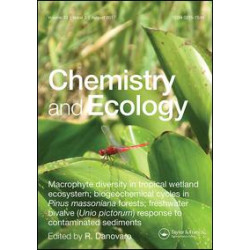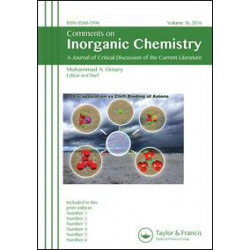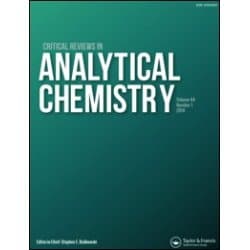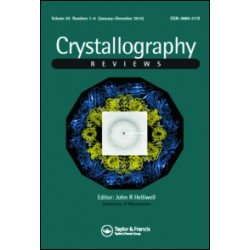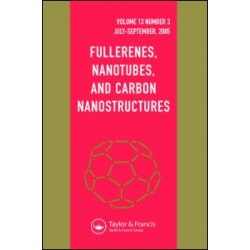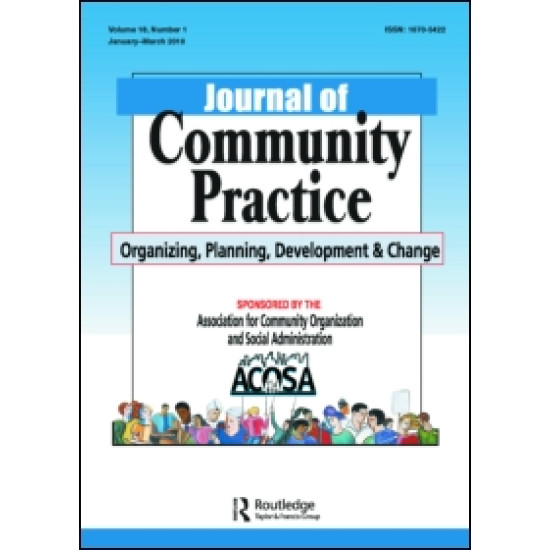
Journal Of Community Practice
JOIN ACOSA Association for Community Organization & Social Administration – click here for the 2013 Membership Form. ACOSA Members receive the Journal of Community Practice as a benefit of membership.
The Journal of Community Practice is an interdisciplinary journal grounded in social welfare. The journal provides a forum for community practice, including community organizing, planning, social administration, organizational development, community development, social action, and social change. The journal contributes to the advancement of knowledge related to numerous disciplines, including social work and the social sciences, urban planning, social and economic development, community organizing, policy analysis, urban and rural sociology, community health, public administration, and nonprofit management. As a forum for authors and a resource for readers, this journal makes an invaluable contribution to practice in community settings from conceptualization to implementation to evaluation.
The Journal of Community Practice articulates contemporary and emerging issues, providing direction on how to think about social problems, developing innovative approaches to dealing with them, and outlining ways to implement these concepts and approaches in classroom, research, and practice settings. As the only journal focusing on community practice, it covers research, theory, practice, and curriculum strategies for the full range of work with communities and organizations.
The Journal of Community Practice articulates contemporary and emerging issues, providing direction on how to think about social problems, developing innovative approaches to dealing with them, and outlining ways to implement these concepts and approaches in classroom, research, and practice settings. As the only journal focusing on community practice, it covers research, theory, practice, and curriculum strategies for the full range of work with communities and organizations.
This unique interdisciplinary journal publishes manuscripts utilizing a range of research methods, including:
- case studies
- historical studies
- participatory and/or action research
- program evaluation
- qualitative, quantitative or mixed methods
- theory and model development
The Journal accepts manuscripts in four format types: full-length original research manuscripts, From the Field, From the Classroom and Innovations in Community Research. All manuscripts submitted to the journal must reflect originality, conceptual and empirical soundness, and be well-argued in the context of the literature. All manuscripts submitted to the journal undergo blind peer review. All manuscript lengths identified below include title page, abstract, manuscript text, references, and tables/figures. Manuscripts that do not follow our submission guidelines will be returned to the authors. Please consult our guidance on keywords here.
"Full Length Original Research Manuscripts" are articles that describe well-developed, theoretically and/or empirically rigorous research in one of the topical areas of interest to the journal. The article should make a major contribution to the literature in community practice.
Submissions of full-length original research manuscripts should not exceed 25 pages. At time of submission, please check off the box "Original Research Manuscript" that asks for type of manuscript submission.
"From the Field" articles should include reports of promising projects, organizing campaigns, innovations, and new community-based programs that are in the early stages of implementation. Both case studies and program evaluations using participatory methods are welcome.
Submissions to the "From the Field" section should not exceed 15 pages. At time of submission, please check off the box "From the Field" that asks for type of manuscript submission.
"From the Classroom" manuscripts focus on innovations in teaching community practice; This section features brief reports of teaching strategies and curriculum innovations. Ideally, these reports include a rigorous evaluation of their efficacy, but they also may be a thoughtful case study. Examples might include innovations in service-learning, an analysis of classroom activities, surveys of student attitudes, adaptations using technology, or a (quasi) experimental design of new pedagogy.
Submissions to the "From the Classroom" section should not exceed 15 pages. At time of submission, please check off the box "From the Classroom" that asks for type of manuscript submission.
"Innovations in Community Research" will focus on cutting-edge research methods, evaluations of interventions, and strategies employed in the field. Examples might include exploratory factor analysis of a new scale developed for community research, a program evaluation using participatory methods in a new way or with a community partner that is not typically engaged in research, introducing new spatial measures for population or administrative data. "Innovations in Community Research" manuscripts must still reflect originality, conceptual and empirical soundness, and be well-argued in the context of the literature.
Submissions to the "Innovations in Community Research" section should not exceed 15 pages. At time of submission, please check off the box "From the Classroom" that asks for type of manuscript submission.
Submission of Manuscripts
Journal of Community Practice receives all manuscript submissions electronically via their ScholarOne Manuscripts website located at: http://mc.manuscriptcentral.com/WCOM. ScholarOne Manuscripts allows for rapid submission of original and revised manuscripts as well as facilitating the review process and internal communication between authors, editors and reviewers via a web-based platform. Technical support for ScholarOne Manuscripts can be accessed via http://scholarone.com/services/support/. For other requests, please contact the journal's editor at jcp@acosa.org.
Please note that Journal of Community Practice uses CrossRef™ software to screen papers for unoriginal material. By submitting your paper to Journal of Community Practice you are agreeing to any necessary originality checks your paper will undergo during the peer review and production processes.
Each manuscript submission must be accompanied by a statement that it has not been published elsewhere nor has it been submitted simultaneously for publication elsewhere. Authors are responsible for obtaining permission to reproduce copyrighted material from other sources and are required to sign an agreement for the transfer of copyright to the publisher. All accepted manuscripts, artwork, and photographs become the property of the publisher.
All parts of the manuscript (including references) should be typewritten, double-spaced, in Times Roman or Arial 12 point font with margins of at least one inch on all sides. Number manuscript pages consecutively throughout the paper. Authors should also supply a shortened version of the title suitable for the running head, not exceeding 50 character spaces. Each article should be summarized in an abstract of not more than 100 words. Avoid abbreviations, diagrams, and reference to the text in the abstract.
Style Format. References, citations, and general style of all manuscripts should be prepared in accordance with the APA Publication Manual, 6th ed. Cite in the text by author and date (Smith, 1983) and include an alphabetical list at the end of the article.
Peer Review Policy: All research articles in this journal have undergone rigorous peer review, based on initial editor screening and refereeing by two anonymous reviewers.
Publication office: Taylor & Fran
Submissions of full-length original research manuscripts should not exceed 25 pages. At time of submission, please check off the box "Original Research Manuscript" that asks for type of manuscript submission.
"From the Field" articles should include reports of promising projects, organizing campaigns, innovations, and new community-based programs that are in the early stages of implementation. Both case studies and program evaluations using participatory methods are welcome.
Submissions to the "From the Field" section should not exceed 15 pages. At time of submission, please check off the box "From the Field" that asks for type of manuscript submission.
"From the Classroom" manuscripts focus on innovations in teaching community practice; This section features brief reports of teaching strategies and curriculum innovations. Ideally, these reports include a rigorous evaluation of their efficacy, but they also may be a thoughtful case study. Examples might include innovations in service-learning, an analysis of classroom activities, surveys of student attitudes, adaptations using technology, or a (quasi) experimental design of new pedagogy.
Submissions to the "From the Classroom" section should not exceed 15 pages. At time of submission, please check off the box "From the Classroom" that asks for type of manuscript submission.
"Innovations in Community Research" will focus on cutting-edge research methods, evaluations of interventions, and strategies employed in the field. Examples might include exploratory factor analysis of a new scale developed for community research, a program evaluation using participatory methods in a new way or with a community partner that is not typically engaged in research, introducing new spatial measures for population or administrative data. "Innovations in Community Research" manuscripts must still reflect originality, conceptual and empirical soundness, and be well-argued in the context of the literature.
Submissions to the "Innovations in Community Research" section should not exceed 15 pages. At time of submission, please check off the box "From the Classroom" that asks for type of manuscript submission.
Submission of Manuscripts
Journal of Community Practice receives all manuscript submissions electronically via their ScholarOne Manuscripts website located at: http://mc.manuscriptcentral.com/WCOM. ScholarOne Manuscripts allows for rapid submission of original and revised manuscripts as well as facilitating the review process and internal communication between authors, editors and reviewers via a web-based platform. Technical support for ScholarOne Manuscripts can be accessed via http://scholarone.com/services/support/. For other requests, please contact the journal's editor at jcp@acosa.org.
Please note that Journal of Community Practice uses CrossRef™ software to screen papers for unoriginal material. By submitting your paper to Journal of Community Practice you are agreeing to any necessary originality checks your paper will undergo during the peer review and production processes.
Each manuscript submission must be accompanied by a statement that it has not been published elsewhere nor has it been submitted simultaneously for publication elsewhere. Authors are responsible for obtaining permission to reproduce copyrighted material from other sources and are required to sign an agreement for the transfer of copyright to the publisher. All accepted manuscripts, artwork, and photographs become the property of the publisher.
All parts of the manuscript (including references) should be typewritten, double-spaced, in Times Roman or Arial 12 point font with margins of at least one inch on all sides. Number manuscript pages consecutively throughout the paper. Authors should also supply a shortened version of the title suitable for the running head, not exceeding 50 character spaces. Each article should be summarized in an abstract of not more than 100 words. Avoid abbreviations, diagrams, and reference to the text in the abstract.
Style Format. References, citations, and general style of all manuscripts should be prepared in accordance with the APA Publication Manual, 6th ed. Cite in the text by author and date (Smith, 1983) and include an alphabetical list at the end of the article.
Peer Review Policy: All research articles in this journal have undergone rigorous peer review, based on initial editor screening and refereeing by two anonymous reviewers.
Publication office: Taylor & Fran
₹45,635.40







